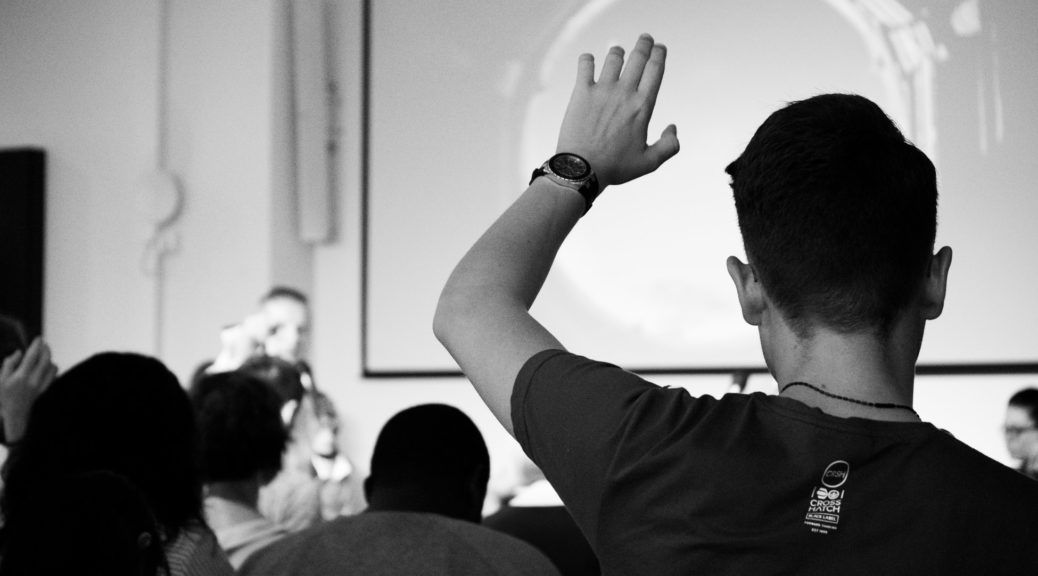By Harrison Poe
As the fall semester passes its halfway point, you’ll notice a distinct change in the Theatre students on campus. The circles under their eyes look a bit darker, their voices sound a bit hoarser, and their feet seem a little heavier as they trek from class to class. Their exhaustion is likely due to their impending performances in the weekend. The School of Dramatic Arts produces around nine shows a semester, and students independently produce around five shows a semester. After using the first few weeks of school for rehearsals, the students perform a different play every weekend from the beginning of October up until the weekend before Thanksgiving.
However, the performances aren’t the difficult part. Rehearsing on top of classes can be grueling on a student, especially if they’re taking a full schedule of classes. Last semester, I took three reading-heavy courses, and was required to read a book each week for each of those classes. For any normal student, this would be difficult but achievable. For me, it was impossible. Like this semester, last spring I had classes early in the morning until late in the afternoon, so the only time I could do my homework was after rehearsal at 10pm. After a few weeks of sleepless nights, I vowed never again to have a difficult schedule while performing. In fact, several of my peers chose not to audition for shows because they wanted to focus on their school work. However, which is more important, school work or performing? As a theatre student, performing in a play is an incredibly important part of our education at USC, but on the other hand, we also have classes that teach us how to give better performances if we work hard in the class. We’re stuck between a rock and a hard place, but somehow, we make it work.
Often, Theatre majors are given a hard time by our non-performing peers about our work load. Sure, writing a short analysis of a play might not be as difficult to accomplish and understand as homework for a quantum physics class, but when you consider the amount of free time most actors have in their schedule, the comparison becomes a bit more even. Subliminally, we’re being taught that we have to work hard and fill our schedules if we want to be successful as actors. We have to learn to work late into the night even when we have to wake up early the next morning. We have to learn to give an outstanding performance even when we can barely roll out of bed in the morning. We are taught that skill isn’t the only trait of a good performance. In fact, I’d say effort and perseverance are paramount for any kind of artist.
A few weeks ago, I was taking the bus to school and talking with the bus driver about success. He told me that “each day is a stepping stone to get you where you want to go.” Every long night of homework, every early morning meeting, every late night rehearsal; these are the stepping stones we have. They are slippery and treacherous and demanding, but the show must go on.
Featured image from Pxhere
Harrison is a USC graduate who studied Theatre (BA, Acting) and was a member of the Thematic Option Honors Program. He is from Houston, Texas and grew up playing piano and guitar before transitioning to theatrical performance. Still a lover of music, Harrison plays the piano, guitar, ukulele, mandolin, banjo, and electric bass. In addition to smiling and waving his hands on stage, Harrison loves talking to people and learning about different places, cultures, traditions, and histories. One of the main reasons Harrison chose to come to USC and move to Los Angeles was because of the city’s proximity to the film industry. His love of stories gave him a passion for movies, and he tries to see as many as possible.



